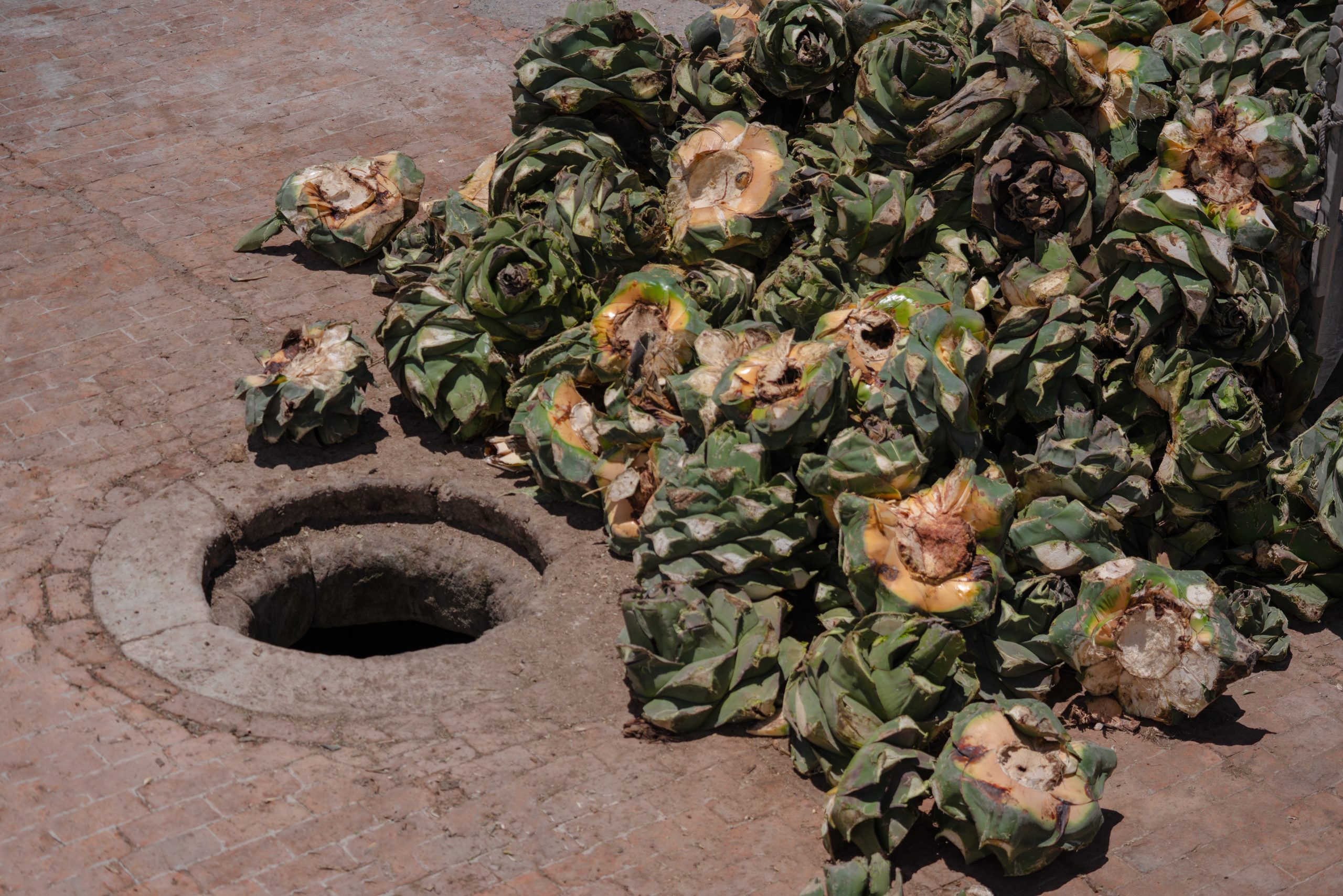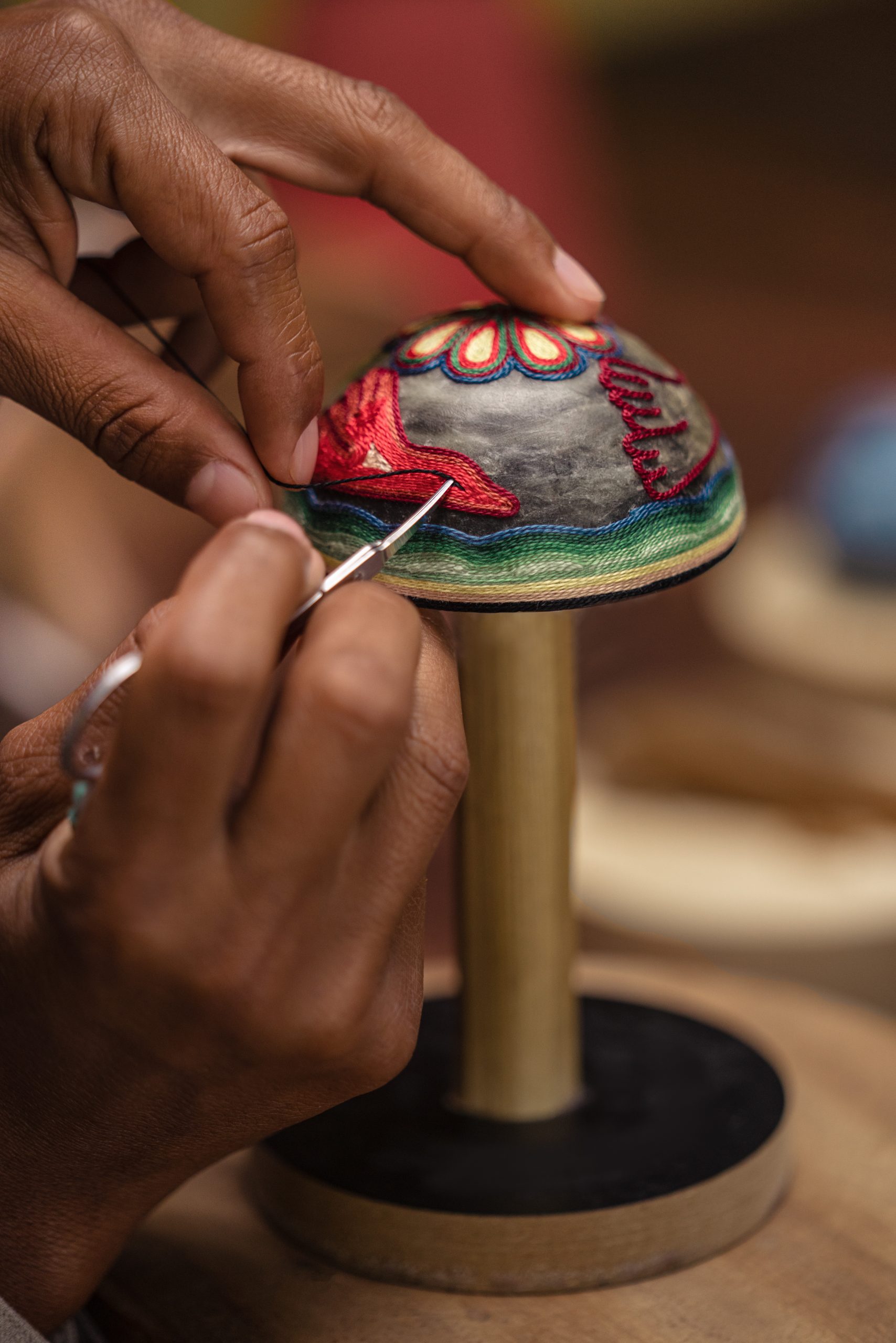Clase Azul México Expands Its Mezcal Portfolio With The Addition of San Luis Potosí
The New Agave Spirit Pays Homage to The Nomads of The State's Desert Landscapes
BY PC Studios // 02.20.24Just like all the other spirits in Clase Azul’s portfolio, Clase Azul Mezcal San Luis Potosí’s decanter is a story within itself.
This article is promoted/partner content and not produced by the editorial staff.
Clase Azul México continues to release new spirits that amaze, inspire, and entertain. The company is kicking off 2024 with a bang as the Mexican luxury brand known for its exquisite spirits and hospitality releases Clase Azul Mezcal San Luis Potosí. The newest icon joins two existing mezcals, Clase Azul Mezcal Durango and Clase Azul Mezcal Guerrero.

The Inspiration Behind The New Mezcal
This third mezcal is made using green agave (salmiana), a variety native to the semi-desert slopes and plains of the region, which grows at an elevation of around 6,500 feet above sea level. Each mezcal in the Clase Azul icon portfolio draws inspiration from a particular Mexican state, with this latest offering paying tribute to San Luis Potosí — a naturally stunning and culturally rich state in Mexico’s Central Plateau where communities of mezcal producers employ methods passed down through generations for more than two centuries.
Clase Azul Mezcal San Luis Potosí is made in Estación Ipiña, a small community of around only 250 inhabitants, where approximately one-fifth of the population is involved in the mezcal-making process. You can almost taste this tradition, heritage, and culture. The mezcal’s full-bodied profile stems from a time-honored regional process that involves steam cooking in vaulted stone ovens, milling in a Chilean mill, and double distillation in copper stills — all traditional methods that contribute to its uniquely exquisite character. It features aromatic notes of cooked agave, caramel, green chile, sweet fruit, freshly cut grass, and wildflowers, and boasts herbal flavors featuring hints of caramel, lime zest, and clove, with a mineral and spiced aftertaste.

The Decanter
Just like all the other spirits in Clase Azul’s portfolio, Mezcal San Luis Potosí’s decanter is a story within itself. The decanter’s red color pays homage to the Huachichil, nomads of the desert landscapes of San Luis Potosí. Translated from the Nahuatl language of the Aztecs, their name means “heads painted red,” as they were known to adorn themselves with red dye, emulating the plumage of the finch (Haemorhous mexicanus)— a revered guardian to their tribe.
Carvings on the decanter’s base represent the plains and mountains they called home, along with green agave plants native to the region and the finch. The cap is handmade by Mexican artisans using a technique that creates intricate designs using colored yarn and represents the mythical red finch in light under a starry sky, keeping vigil over the dreamlike landscape of desert mountains and valleys where the Huachichil people used to wander.
Clase Azul México was founded in 1997 in Guadalajara, Jalisco by Arturo Lomelí, who was determined to create a product as exquisite as the land it comes from. Experiencing exponential growth since that day, Clase Azul tequilas and mezcals are now available in 80 countries.

What’s Next
The company’s hospitality arm, Clase Azul Destinations was recently announced as part of the brand’s transformation from Clase Azul Spirits to Clase Azul México and in 2022, the brand opened its first destination in Los Cabos, México — which features a restaurant (La Terraza), a mixology experience (El Bar), The Clase Azul Los Cabos Boutique, an omakase-inspired experience, and an immersive tasting experience called A Taste of Culture.
Clase Azul is deeply committed to craftsmanship and supports México’s artisanal community through Fundación Causa Azul, a non-profit organization dedicated to collaborating with artisan communities to improve their quality of life and preserving Mexican folk art as part of the country’s cultural heritage and legacy.
Cheers to Clase Azul Mezcal San Luis Potosí.













